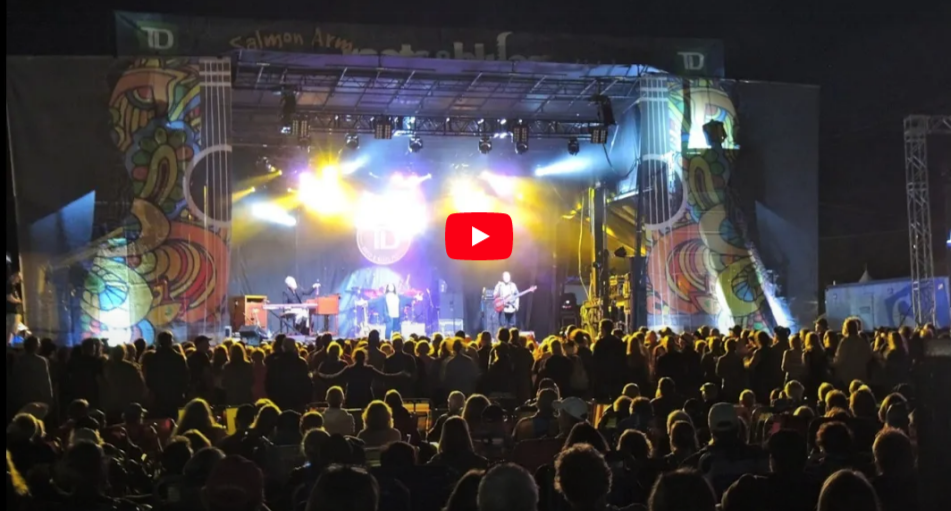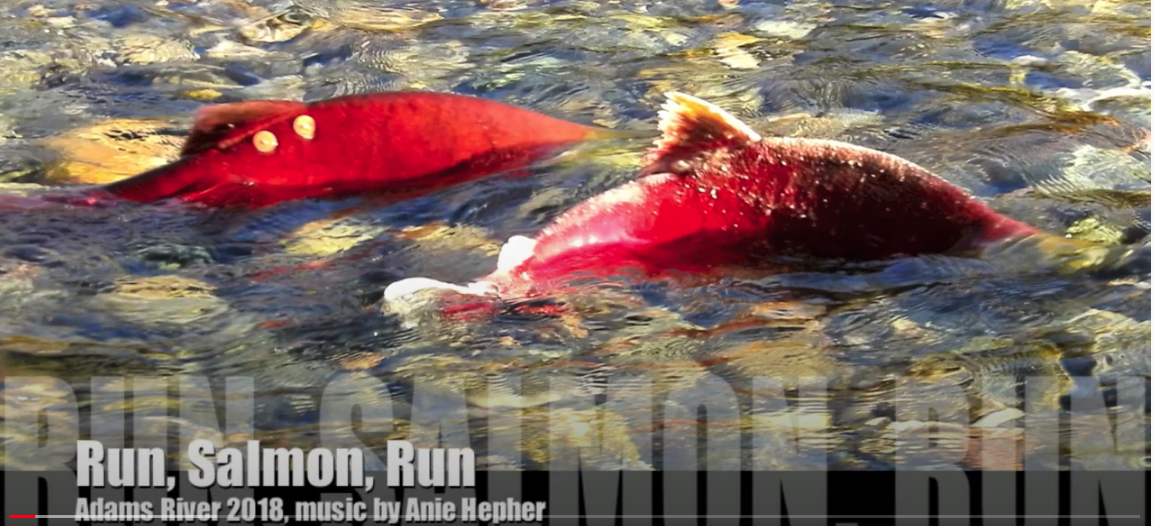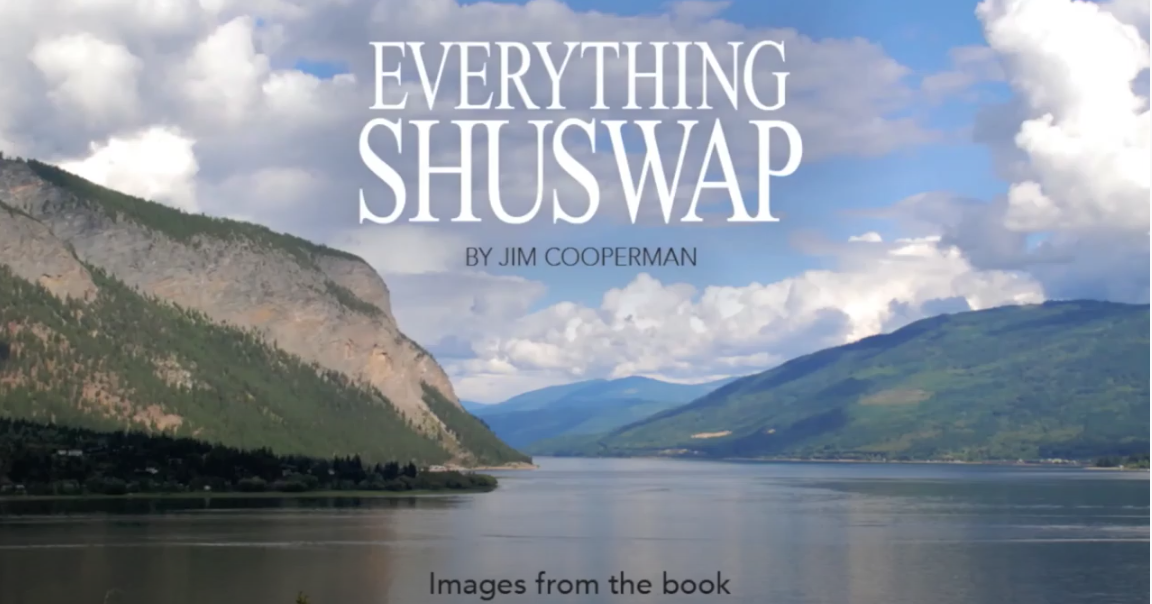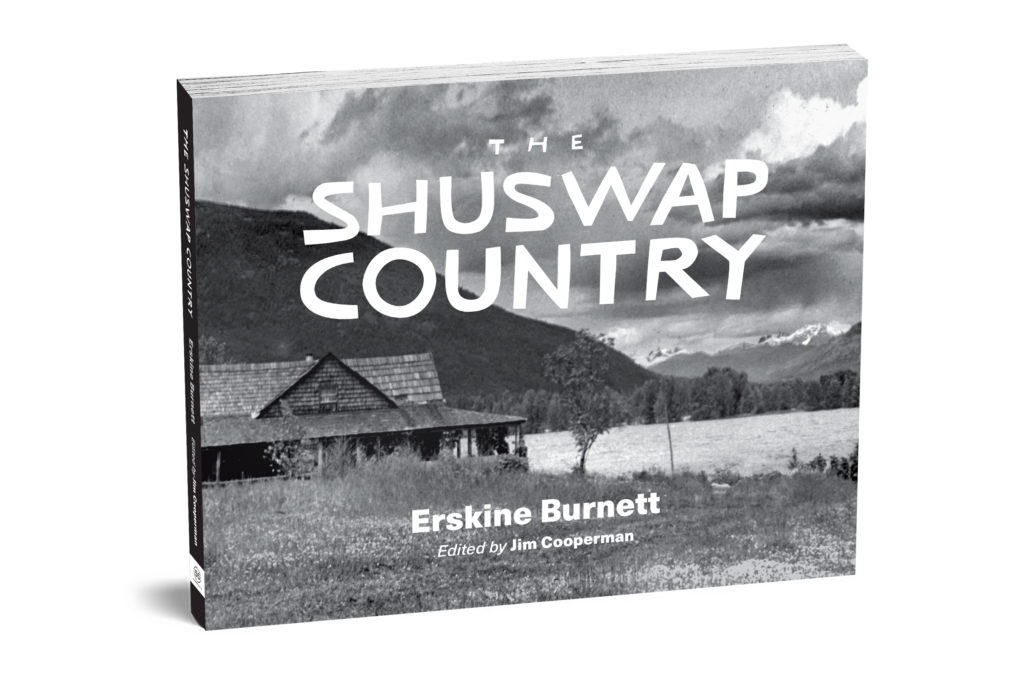Given today’s frenetic shopaholic holiday season, it can be enlightening to reflect upon the way Shuswap’s early settlers celebrated Christmas. While the focus now for many people is on wasteful, over-consuming; the settlers focused on sharing, helping each other and enjoying the fruits of their labours. With little money to spend and very few places to shop, Shuswap pioneers looked forward to holiday season parties with their neighbours and especially the annual Christmas concerts and dances held at their one-room schools.
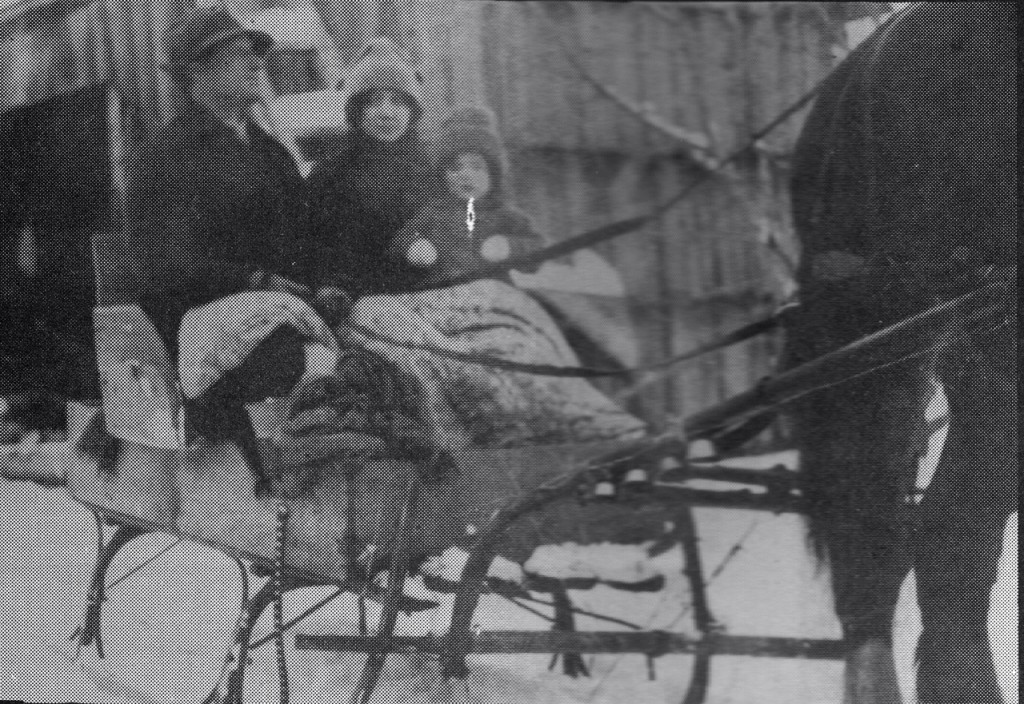
The entire community became involved in these concerts. Students began rehearsing their parts in November and their parents and siblings helped them practice until it was perfect. Everyone helped by making costumes, props, sets and decorations. The concert was most always a success and parents were proud of their little angels and wise-men.
Former Celista School teacher Eleanor Nelson recalled her experiences in the 1920s in a 1987 Chase weekly newspaper that was later reprinted in the 1995 Shuswap Chronicles. One year they put on the gripping drama, “Lord Ullin’s Daughter,” a thrilling tragedy of two ill-fated lovers eloping as the Lord attempted to rescue his daughter. He arrived in time to find the lovers in a small boat attempting to cross a lake during a raging storm. Sheets were pulled by students off-stage to represent the waves, and when the cardboard boat sank, the tragedy turned into a comedy.
Often the teachers were also in charge of organizing the purchase of gifts and the candy, nuts and Japanese oranges for their students and the pre-school children, using money donated by all the adults in the community. Using the letters to Santa written by the students, the teacher would order the gifts from the Eaton’s catalogue.
With winters most often snowy and cold, families arrived at the schools in sleighs singing carols to the sound of sleigh bells. The highlight was when Santa arrived and brought presents for the children. The concerts culminated with a dance, with the local band making the music and the children taking part as well. As the evening wore on, the babies and younger children were bedded down atop the desks pushed into the corners.
Preparations for the family holiday celebration began months earlier when the best chicken or goose was penned up and fattened, the tastiest vegetables were set aside and the Christmas baking was done. The plum puddings were boiled inside cloth bags and then hung to age along with the fruitcakes.
Most gifts were purchased through catalogues and the ordering was done in secret. Often the presents were items needed for winter such as gloves, scarves, mittens, and wool socks. Games were also popular and often children found a homemade sled or toy under the tree that was cut in the back forty.
Home and tree decorations were all homemade. Instead of electric lights, small candles were clipped on to the branches and these were only lit at special times when the family members were gathered around to celebrate.
In Enderby, Christmas Day was also a time for music. Upon incorporation in 1906, one of the first actions by the Council was to give local musicians $100 to form a city band. Every year on Christmas, they would march around town playing holiday tunes. One year, there was too much snow and it was too cold for marching, so they hired a team and a sleigh. As was recounted in Robert and Joan Cowan’s history book, Enderby, “When we started to play, the team took off. They did not like the music and were going to leave it behind. We covered a lot of ground with that carol until the driver got control again.” Due to the cold, the traveling concert ended early that year, because the instruments became frozen!
All too often pioneer life is viewed in terms of the hardships faced by the early settlers. But as the many articles in the nine volumes of the Shuswap Chronicles attest, there were many good times, especially during the holiday seasons that were filled with community cheer, homemade music and gifts, and good food. As communities today struggle to achieve sustainability goals and reduce their carbon outputs to address climate change and economic turmoil, there are lessons to be learned from the simpler lifestyles of our pioneers.
POSTSCRIPT
Perhaps the the most significant lesson gained from reflecting back on how our pioneers celebrated Christmas, is that the holiday is best celebrated by sharing the good times with your friends and families rather the focusing on endlessly shopping for presents that nobody really wants or needs. After all, at the heart of most December holiday celebrations are the get-togethers with families and friends.
There are numerous ways to avoid the consumerism inherent to Christmas, including giving handmade gifts, gifting charities, turning the gifting into a game with inexpensive fun gifts and avoiding over-consuming by drawing names and giving only one gift.
Long before there was a Christmas holiday or even Hannukah, people celebrated the Solstice in a fashion similar to how these holidays are celebrated now.
Happy Solstice!!!
